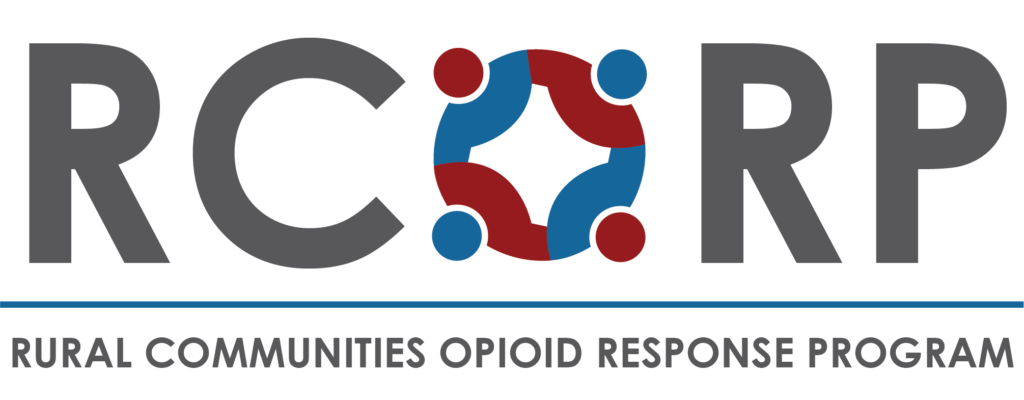Webinar
Dr. Alex Elswick of the University of Kentucky explains why “Choice Versus Disease” is a false dichotomy and why addiction should always be thought of as a chronic disorder. Dr. Elswick also addresses the need to reduce stigma, the most salient risk factors for substance use, and the community-based policies, practices, and resources needed to support people in recovery. To see his presentation, go to: https://www.fletchergroup.org/wp-content/uploads/2024/05/Addiction-is-a-Chronic-Disorder.-Treat-It-Like-One.pdf

